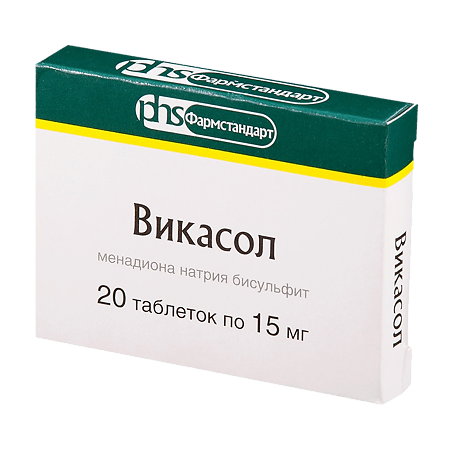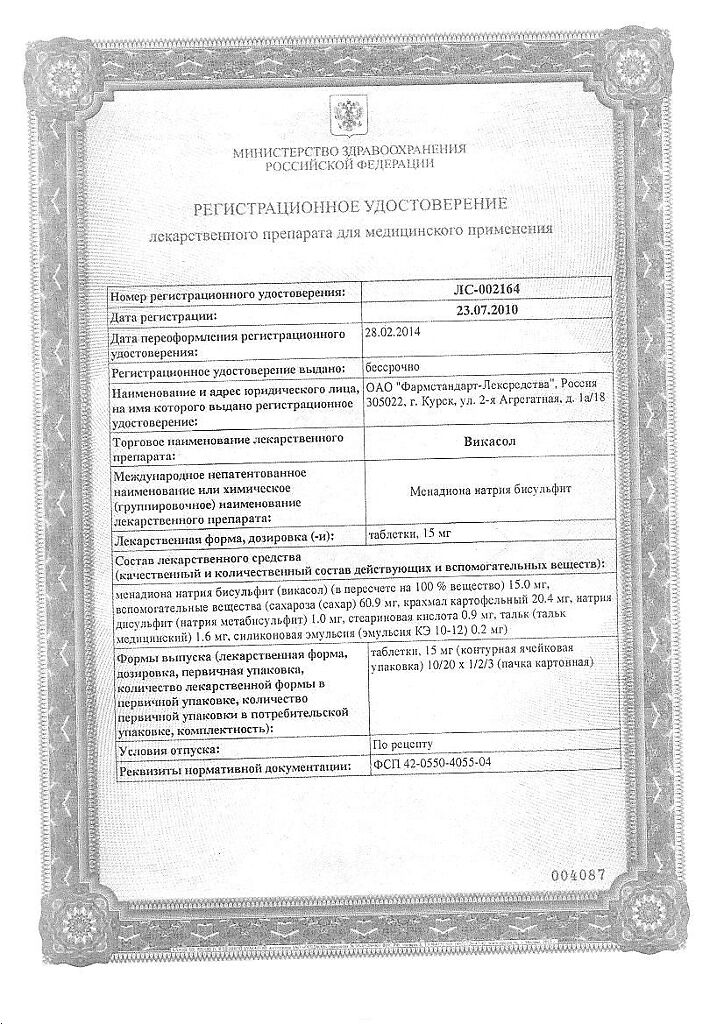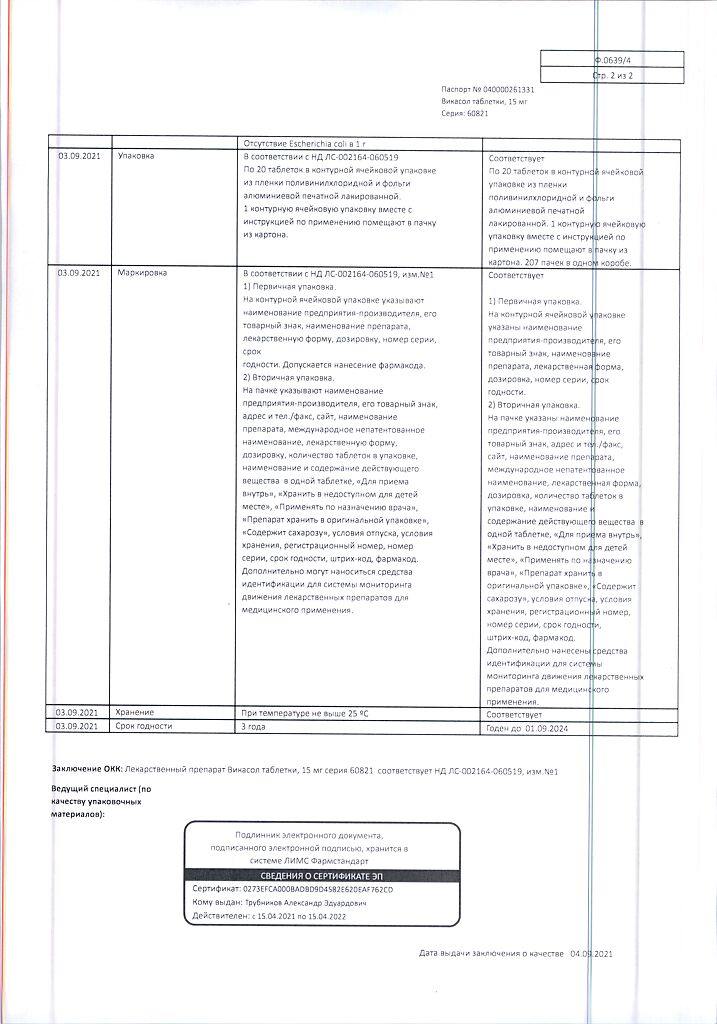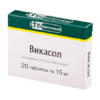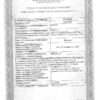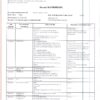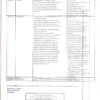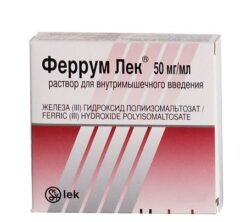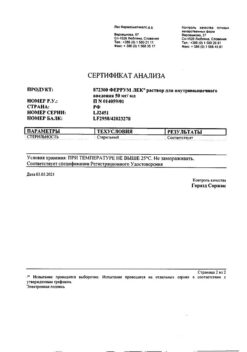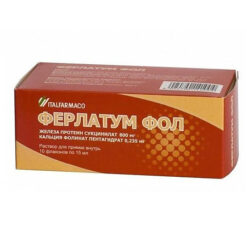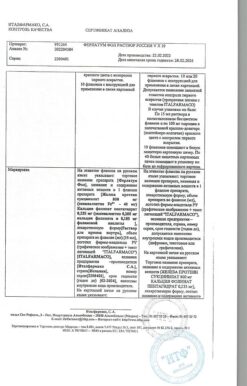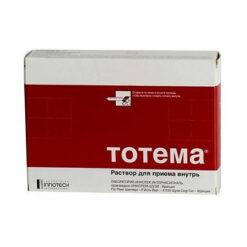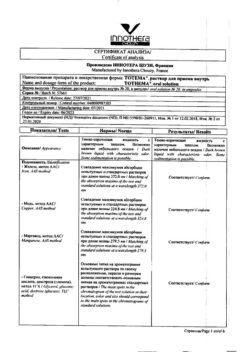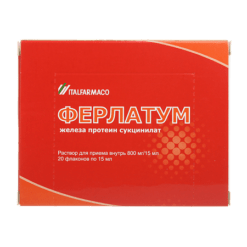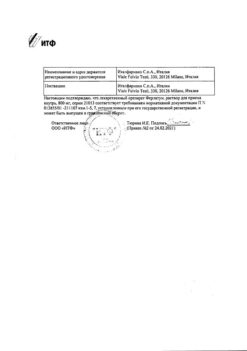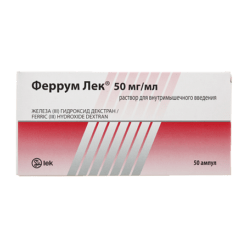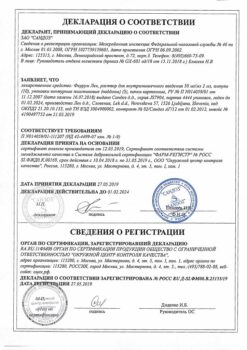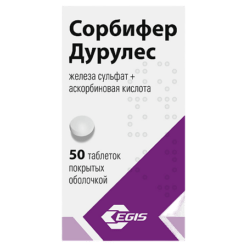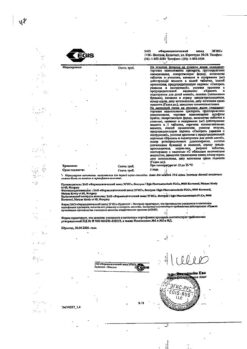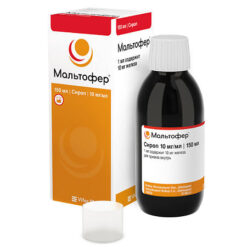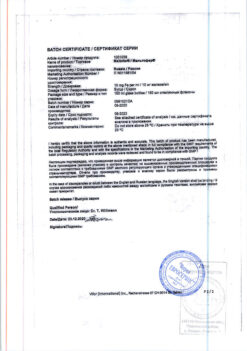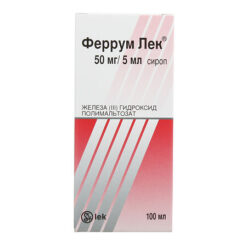No products in the cart.
Vicasol, tablets 15 mg 20 pcs
€2.08 €1.89
Description
Vicasol is a synthetic water-soluble analogue of vitamin K (vitamin K3), promotes the synthesis of prothrombin and proconvertin, increases blood clotting by increasing the synthesis of II, VII, IX, X clotting factors.
It has a hemostatic effect (with a deficiency of vitamin K occurs increased bleeding).
In the blood, prothrombin (factor II) in the presence of thromboplastin and calcium, with the participation of proconvertin (factor VII), factors IX (Christmass factor), X (Stuart-Prouwer factor) is converted into thrombin, which converts fibrinogen to fibrin, which is the basis of the blood clot (thrombus).
The substrate stimulates K-vitamin reductase, which activates vitamin K and ensures its participation in hepatic synthesis of K-vitamin-dependent plasma factors of hemostasis.
The onset of effect is 8 to 24 hours.
Pharmacokinetics
After intramuscular administration, it is easily and quickly absorbed. In small amounts it accumulates in tissues. Passing the cycle of metabolic activation, it is oxidized to the diol form.
It is excreted by the kidneys (up to 70%) and in the bile only as metabolites.
High concentrations of vitamin K in the feces are due to its synthesis by the intestinal microflora.
Indications
Indications
bleeding after wounds or surgery;
gastrointestinal bleeding;
hemorrhoidal and prolonged nosebleeds;
uterine bleeding;
pulmonary hemorrhages due to tuberculosis.
Pharmacological effect
Pharmacological effect
Vikasol is a synthetic water-soluble analogue of vitamin K (vitamin K3), promotes the synthesis of prothrombin and proconvertin, increases blood clotting by enhancing the synthesis of coagulation factors II, VII, IX, X.
It has a hemostatic effect (vitamin K deficiency causes increased bleeding).
In the blood, prothrombin (factor II) in the presence of thromboplastin and calcium, with the participation of proconvertin (factor VII), factors IX (Christmas factor), X (Stewart-Prower factor) transforms into thrombin, under the influence of which fibrinogen is converted into fibrin, which forms the basis of a blood clot (thrombus).
Substrate stimulates K-vitamin reductase, which activates vitamin K and ensures its participation in the hepatic synthesis of K-vitamin-dependent plasma hemostasis factors.
The effect begins within 8 – 24 hours.
Pharmacokinetics
After intramuscular administration, it is easily and quickly absorbed. Accumulates in tissues in small quantities. After going through a cycle of metabolic activation, it is oxidized to the diol form.
They are excreted by the kidneys (up to 70%) and with bile exclusively in the form of metabolites.
High concentrations of vitamin K in feces are due to its synthesis by intestinal microflora.
Special instructions
Special instructions
For diseases leading to impaired bile outflow, parenteral administration is recommended. For hemophilia and Werlhof’s disease, the drug is ineffective.
Weakens the effects of indirect anticoagulants.
For the prevention of hemorrhagic disease of newborns, phytonadione is more preferable than menadione sodium bisulfite, since it is less likely to cause hyperbilirubinemia and hemolytic anemia in newborns (including premature infants).
Impact on the ability to drive vehicles and operate machinery
During treatment with the drug, you should refrain from driving vehicles and engaging in other potentially hazardous activities that require increased concentration and speed of psychomotor reactions.
Active ingredient
Active ingredient
Menadione sodium bisulfite
Composition
Composition
Active ingredient:
15 mg menadione sodium bisulfite.
Contraindications
Contraindications
hypersensitivity to the components of the drug;
increased blood clotting, thromboembolism;
hemolytic disease of the newborn.
With caution: 6-phosphate dehydrogenase deficiency, liver failure.
Side Effects
Side Effects
Allergic reactions: facial flushing, skin itching, skin rash, bronchospasm.
From the blood system: hemolytic anemia, hemolysis in newborns with congenital deficiency of glucose-6-phosphate dehydrogenase, hemolytic disease of the newborn.
Local reactions: pain and swelling at the injection site, skin lesions in the form of spots with repeated injections into the same place.
Other: hyperbilirubinemia, jaundice (including kernicterus in infants), dizziness, transient decrease in blood pressure, profuse sweat, tachycardia, weak pulse filling, changes in taste sensations.
Interaction
Interaction
Antacids reduce absorption due to the precipitation of bile salts in the initial part of the small intestine.
Does not affect the anticoagulant activity of heparin.
Simultaneous administration with broad-spectrum antibiotics, quinidine, quinine, salicylates in high doses, antibacterial sulfonamides requires an increase in the dose of vitamin K.
Cholestyramine, colestipol, mineral oils, sucralfate, dactinomycin reduce the absorption of vitamin K, which requires increasing its dose.
Concomitant administration with hemolytic drugs increases the risk of side effects
Overdose
Overdose
Rarely – hypervitaminosis K, manifested by hyperprothrombin and hyperthrombinemia, hyperbilirubinemia, increased blood clotting, thromboembolism. Treatment is symptomatic.
Storage conditions
Storage conditions
In a place protected from light, at a temperature not exceeding 25 ° C.
Shelf life
Shelf life
3 years.
Manufacturer
Manufacturer
Pharmstandard-Leksredstva, Russia
Additional information
| Shelf life | 3 years. |
|---|---|
| Conditions of storage | In the dark place at a temperature not exceeding 25 ° C. |
| Manufacturer | Pharmstandard-Leksredstva, Russia |
| Medication form | pills |
| Brand | Pharmstandard-Leksredstva |
Related products
Buy Vicasol, tablets 15 mg 20 pcs with delivery to USA, UK, Europe and over 120 other countries.

